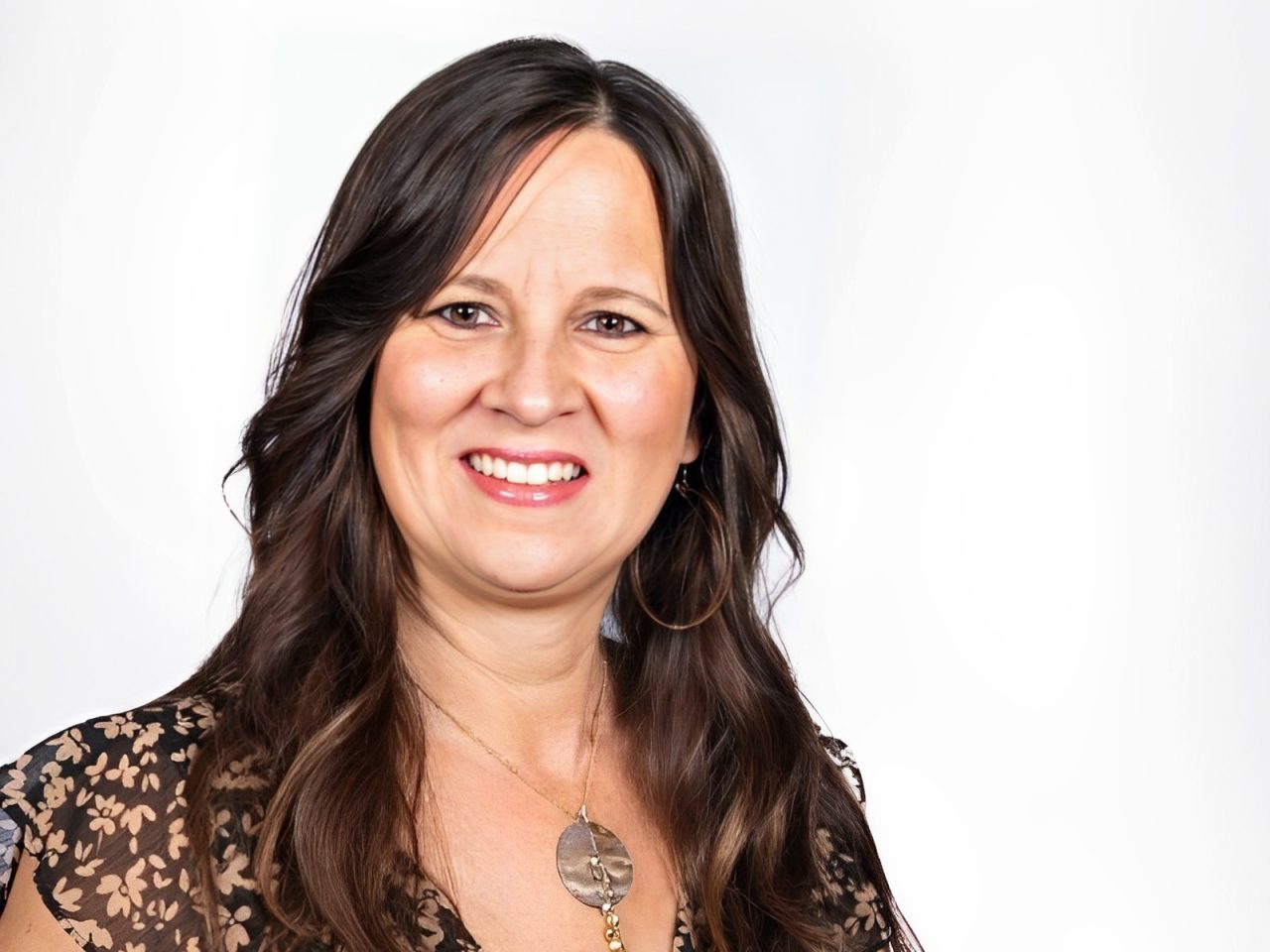Denise Gouge, Oncology Account Executive at Hologic, recently posted on LinkedIn:
“I am the 1%. You darn right I’m important! How about you let me, the patient, decide what I can and can’t afford and the anxiety vs. cost benefit. Or better yet, ask my daughters who were 10 and 11 at the time when I was diagnosed with cancer…found by a screening tool I advocated for though it was not suggested I need for another year.
This research and the articles surrounding it could be heading down a slippery slope of public misinformation. I support research but how this information is handled and interpreted will be critical. And as a breast cancer survivor, I earned the right to have an opinion on this topic.
The American Cancer Society and the World Health Organization say routine screening is an important public health strategy.
Here are some comments on the article and my responses:
“Some positive screening results are false positives, which can lead to unnecessary anxiety as well as additional screening that can be expensive. Tests can also give a false negative and thus a false sense of security.”
—- RESPONSE: True but…
1) Shouldn’t we let the patient make that decision on anxiety/cost vs. knowledge/prevention benefit?
2) What about all of the misdiagnosing, overtreating, and undertreating because modern, effective screening tools weren’t utilized…can we see those numbers too?
“Sometimes too, treatment can be unnecessary, resulting in a net harm rather than a net benefit, studies show.”
—-RESPONSE:
1)So because of this, those who could have benefitted from screens end up with advanced cancers resulting in massive treatments, massive costs, and increased loss of life?
2)Are we lumping extra screening tools into the “over-treatment” category? Like unnecessary biopsies? I’ll take that form of over-treatment any day of the week.
“The critical question is whether the benefits for the few are sufficiently large to warrant the associated harms for many…if breast cancer caused 3% of all female deaths and screenings reduced these deaths by 35%, that’s a good result on its own. But screenings may change mortality overall by only about 1%, which sounds less impressive but is still an improvement.”
—-RESPONSE:
I am the 1%. And I don’t sound LESS IMPRESSIVE.
—-ONE FINAL RESPONSE:
Sometimes I feel that Western medicine can’t see the forest for the trees. Have we become so focused on treating specific problems that we simply can’t fully wrap our heads around treating the whole person and prevention? And while I am incredibly thankful and fully believe in scientific research, I am still the patient. I matter and I get to be involved in this public discussion…it is my life we are talking about after all.
And I am smart enough to choose anxiety/cost vs. benefit when it comes to my own life. And even if I’m not smart enough, it’s still my life we are talking about.
Patients deserve a seat at the table.”
For details click here.
Source: Denise Gouge/LinkedIn


